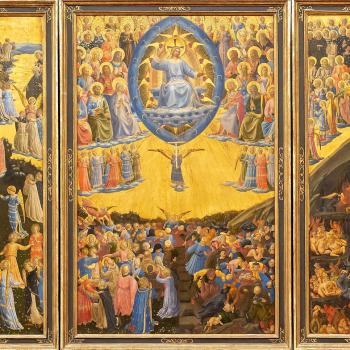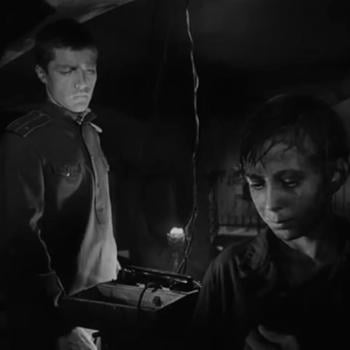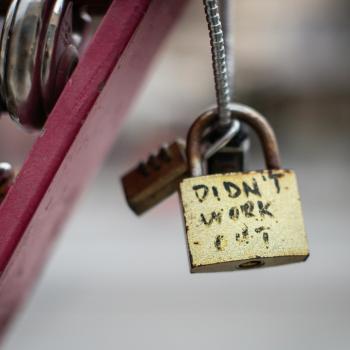Finally, the most critical piece of that part of engaging in narrative oriented inter-religious dialogue is the possibility of recognizing and even creating a shared narrative. For years, indeed decades in the United States, Christians and persons of other religious faiths were less concerned with religious difference than with a shared American narrative of the peaceful pursuit of warm neighborly relationships and economic and social advancement. In the last decade this shared narrative, long played out in workplaces, schools, soccer fields, and homes across the nation, has been virtually forgotten. In its place there has arisen the constant assertion of a narrative of resentment, hatred, and violent conflict. Recovering the ability to share an original American narrative is thus a critical part of dialogue.
The work of the well-known Interfaith Youth Core in Chicago or the Center for Interfaith Inquiry in Dallas, as well as similar groups, is one means of building a shared narrative. A common narrative is also built up when local Christian, Muslim, Buddhist, Hindu, and Jewish leaders gather to plan for dialogue, shaping the questions to be asked and the forms of hospitality to be shared. As importantly for the dialogue sessions hosted by Perkins, students and laypersons participating in the dialogue groups come to possess a shared narrative of dialogue together. Over four weeks they take ownership of the dialogue process and begin to develop real relationships based on that common experience -- an experience that required real work and commitment on the part of each group member. This then represents a beginning, not only of having community leaders with experience in engaging in dialogue, but in restoring dialogue to its central place in the life of religiously plural communities.
To the question "Can Christians and Muslims ever live in peace?" the answer is yes, when through dialogue we can recover and continue the shared story of living as neighbors, citizens, and friends.
Dr. Robert A Huntis the Director of Global Theological Education at Perkins School of Theology, Southern Methodist University. He teaches courses in contemporary Muslim social and political movements, world religions, mission studies, and inter-religious dialogue. He also directs a wide-ranging program of intercultural immersion courses for students of Perkins School of Theology and is currently researching and writing on religious identity in religiously plural settings.




